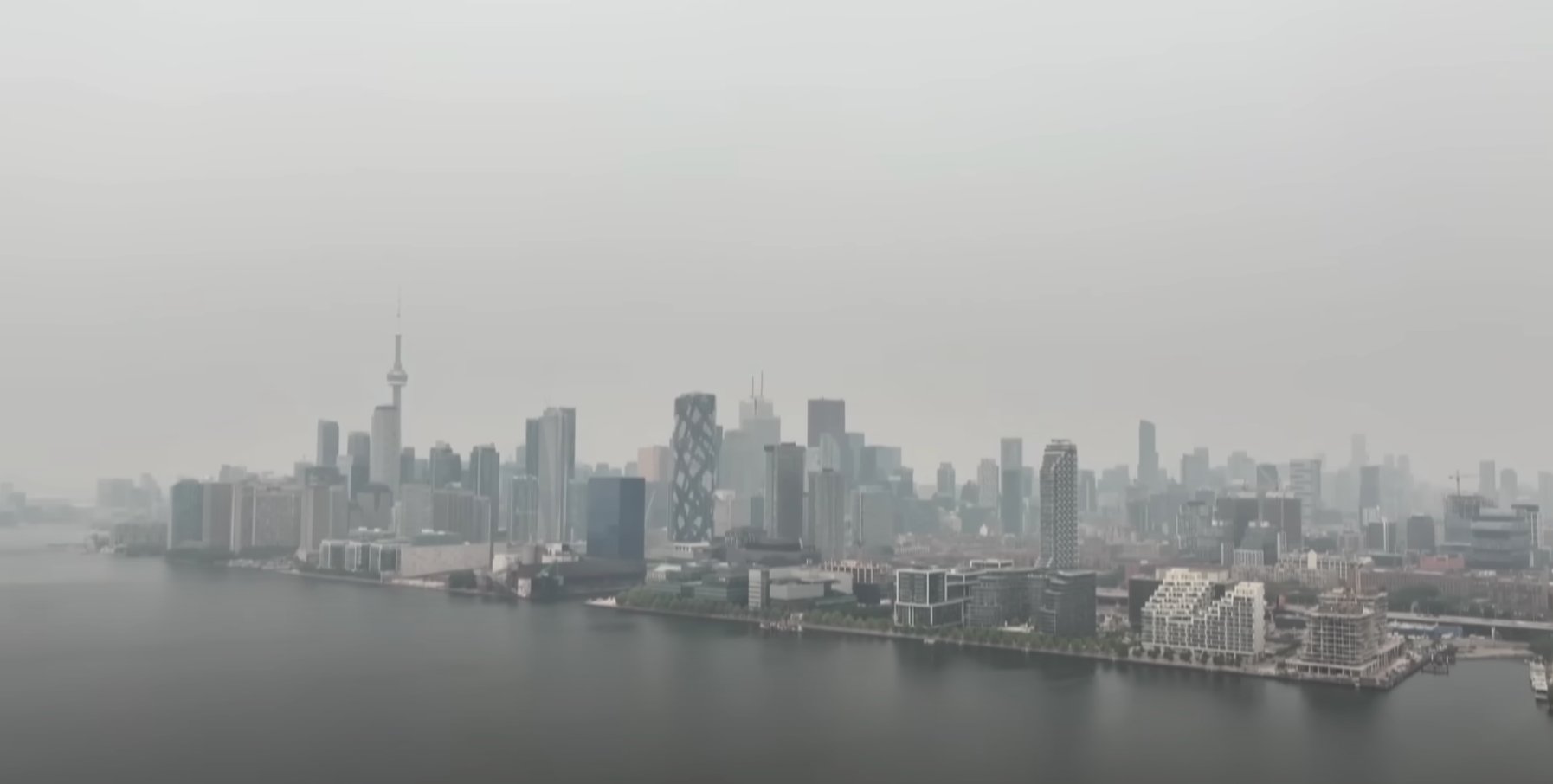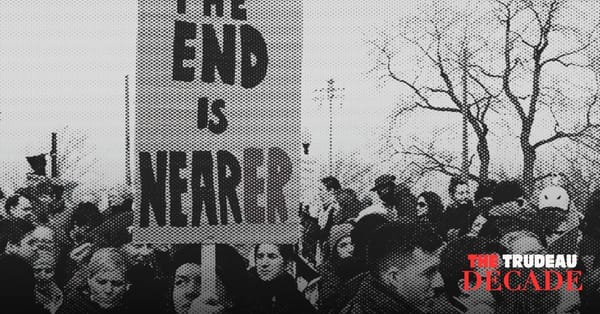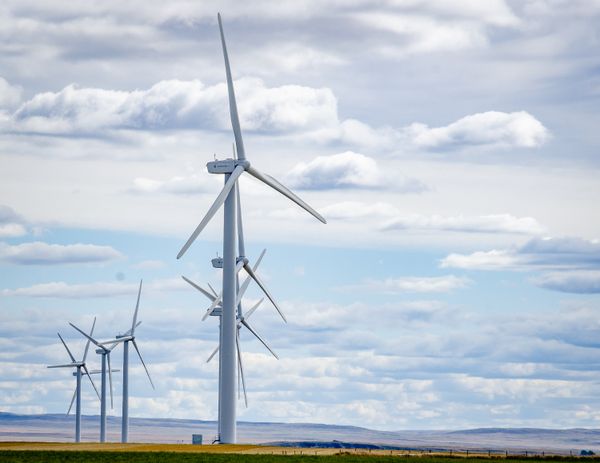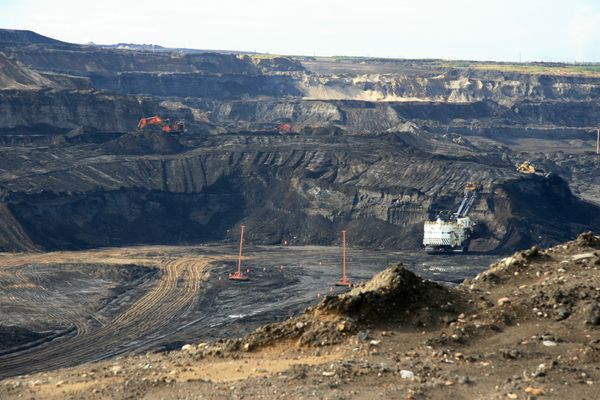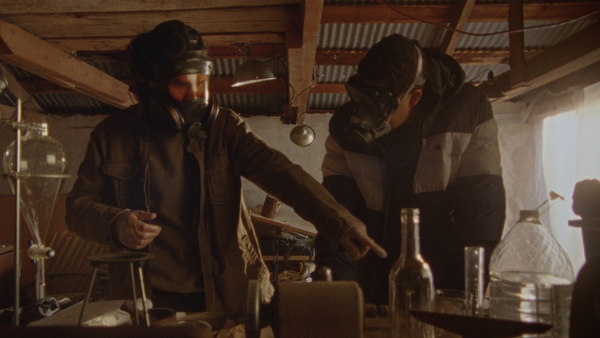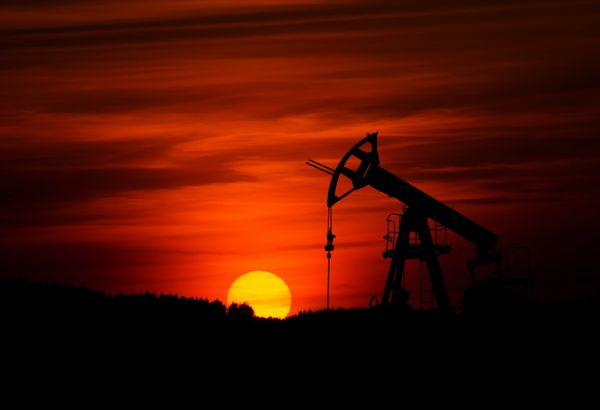I thought it was a joke when I first saw it pointed out on Twitter. But no: Environment and Climate Change Canada (ECCC) had in fact announced that Wednesday, June 7, 2023, was “Clean Air Day” — the same day that large swathes of Eastern Canada and the United States were blanketed in thick smoke caused by raging wildfires.
In fairness to ECCC, though, they did half acknowledge the grim irony of this date on their website: “With the early onset of wildfire season this year, many of us have witnessed how air pollution can impact both urban and rural communities.”
To mark the occasion, the ministry suggested that we all, “Take time today to learn about the impacts of air pollution on our health and what you can do to protect it, as well as what we can individually do to reduce our own emissions for cleaner air" (emphasis mine).
Most people in the areas affected by the smoke are learning about the impact of air pollution first hand. The fires, driven by hotter and drier summers caused by the climate crisis, have reportedly burned 9 million acres of forest this year, about 15 times the ‘normal’ amount.
The latest fires follow those that struck Alberta last month. Northern Indigenous communities were forced to evacuate as their homes and buildings were destroyed (at the time of writing, there were still 22 active wildfires deemed “out of control” in the province). Wildfires in the Halifax area last week destroyed 151 homes and forced the evacuation of more than 16,400 people, with many still displaced.
As well, more than 11,400 people in Quebec were forced to evacuate because of fires. All told, we’re on track for our worst ever wildfire season, which is normally concentrated in Western Canada.
Meanwhile, apocalyptic images of smoke-enveloped cities across the continent filled news articles this week. Torontonians and Ottawans, like those in many other cities, were warned that the air they breathed was a danger to their health, and that they should wear masks if they had to go outside.
The fires are the latest example of the consequences of our governments’ abject collective failure to mount the political will required to face down massive systemic challenges — and not just in regard to climate change.
On a Tuesday morning last month, I woke up at home in Calgary feeling like shit. I had left my window open, allowing smoke that had descended upon the city overnight to fill my bedroom. Spending the day with a nasty cough, I assumed that the smoke — and with it, my cough — would soon pass.
Then I started to develop a fever. After testing myself, I realized I had contracted COVID-19. Talk about timing.
And the smoke wasn’t going away. Every hour I miserably checked Environment Canada’s Air Quality Index, only to learn that opening a window would entail a “very high risk” to my health. As I tweeted at the time, having COVID-19 during a spell of wildfire smoke was an absolutely miserable experience.
On the bright side, the Government of Alberta (like every other provincial government) advised that I should simply treat the illness like any other “respiratory virus,” and that I should only wear a mask around others for 10 days after developing symptoms if I felt like it (I work from home, and did not leave my house during that period). Warily conscious of the fact that both COVID-19 and wildfire smoke increase the risk of heart disease, I was reminded that this was another crisis that the state decided that we all needed to just forget about or learn to “live with,” as they call it. It seems that ECCC’s advice to focus on “what we can individually do” applies here too.
Still, at least I had my home during this period — as noted above, others weren’t so lucky — and many other people would have been far more adversely affected by the smoke than I was.
Despite these fires raging in the middle of Alberta’s provincial election, both United Conservative Party Leader Danielle Smith and NDP Leader Rachel Notley refused to focus on climate change as a major campaign issue, preferring instead to fight over who was the most friendly to the province’s oil and gas industry. To the extent that they addressed the wildfires at all, Notley talked briefly about policies to counter the inevitability of more fires, while Smith shied away from committing to new measures. Neither leader talked about the underlying cause — climate change — in any meaningful way.
“Year after year, with climate change, we’re seeing more and more intense wildfires and in places where they don’t normally happen,” Justin Trudeau somberly told a news conference this week. In Ontario, Premier Doug Ford helpfully told people not to light campfires and refused to acknowledge the link between wildfires and climate change. Words that will make a big difference, I’m sure.
We face these crises time and again, and yet every time the disasters arise, it serves as a reminder that the scale of the job at hand isn’t being understood or turned into real and sustained action. Canada’s greenhouse gas emissions increased by 1.8 per cent in 2021, a number celebrated by the federal government because it was not as bad as expected.
So here we are again. This Clean Air Day, it was hard not to be reminded that the state seems to have all but given up on the very idea of dealing with large systemic questions — and the looming catastrophes that we face as a result.
Alex Cosh is the news editor of The Maple.


